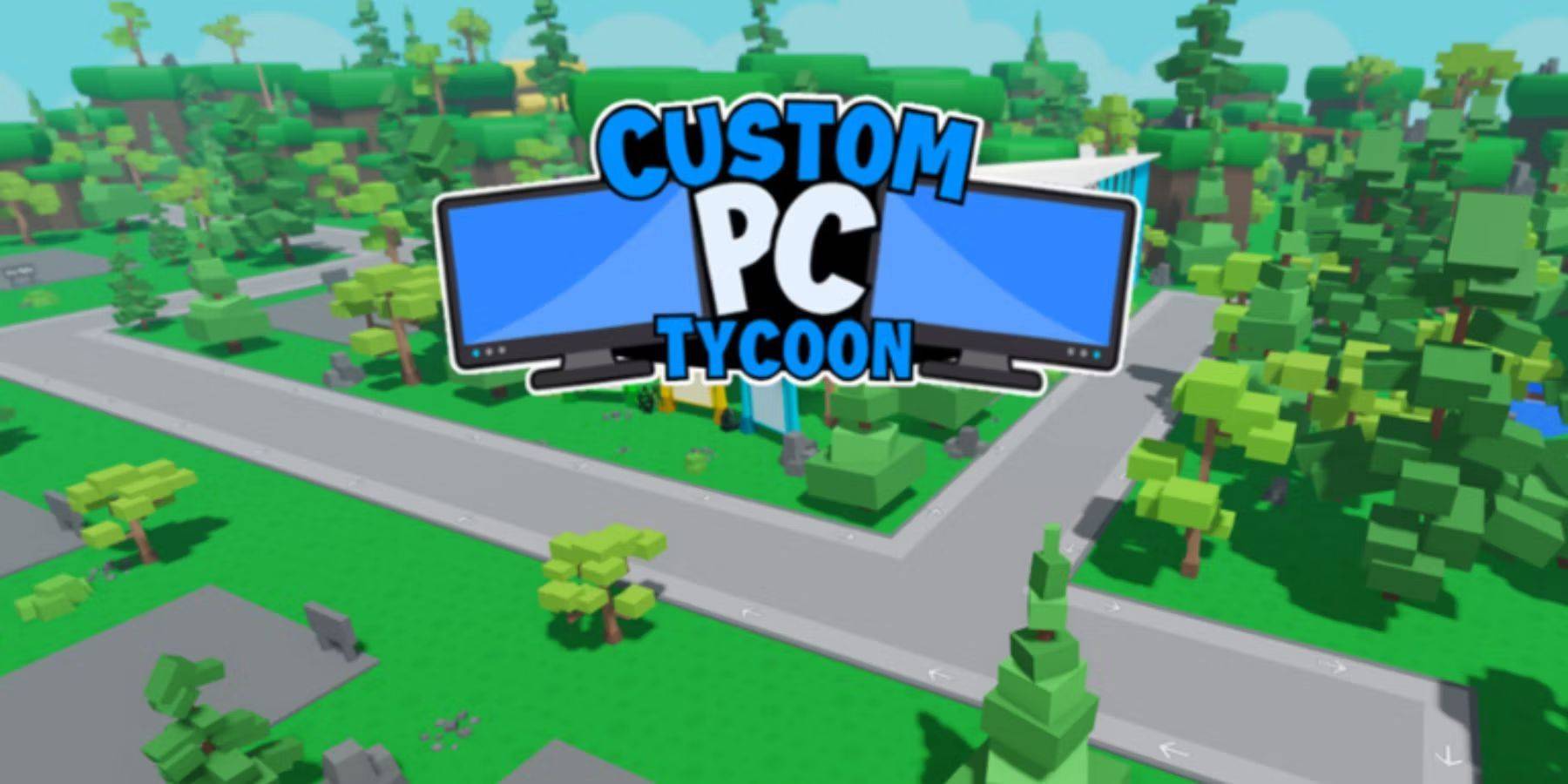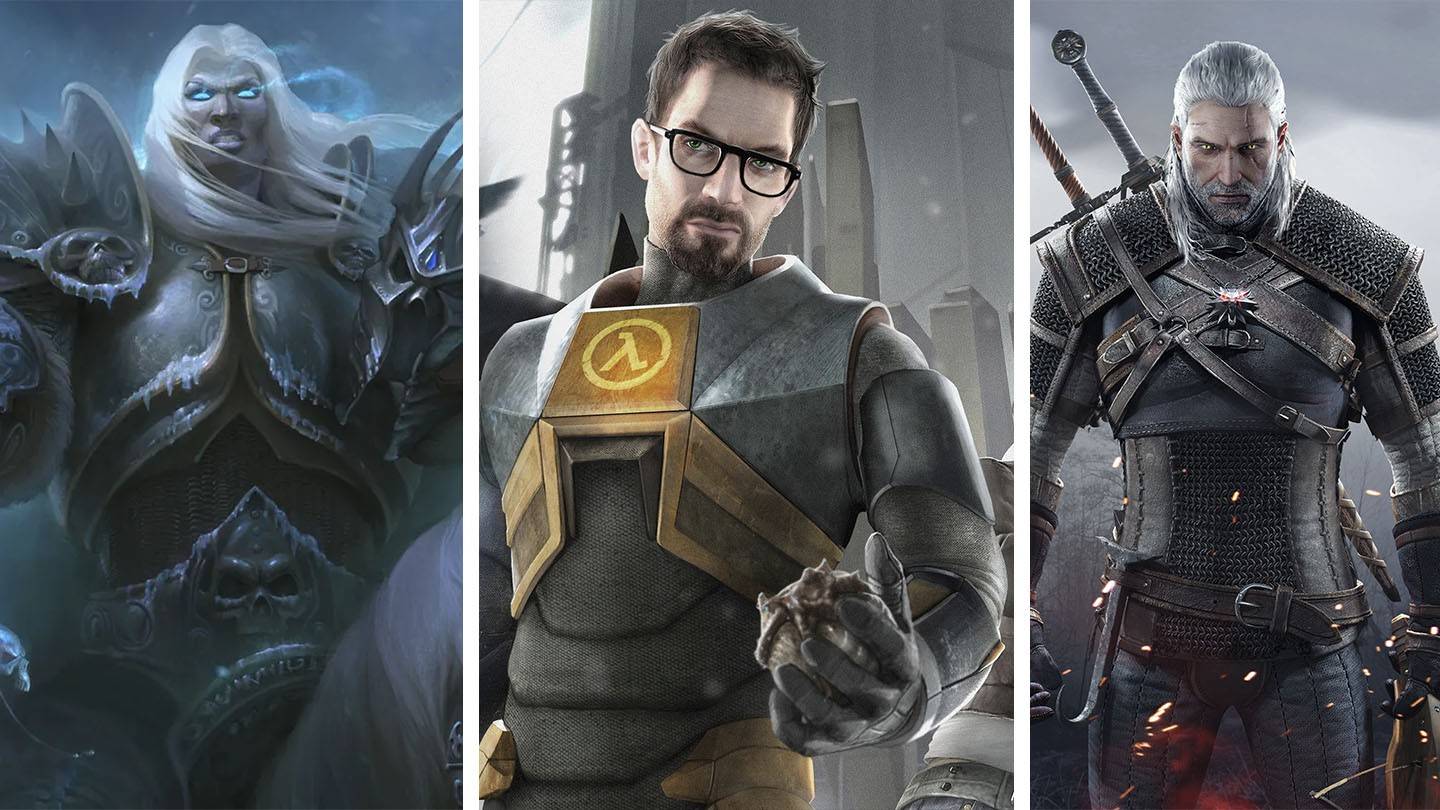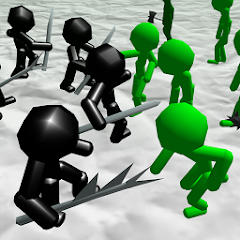PlayStation Co-CEO Hermen Hulst on AI in Gaming: Revolution, Not Replacement

Hermen Hulst, co-CEO of PlayStation, recently shared his perspective on the role of artificial intelligence (AI) in the gaming industry. While acknowledging AI's potential to revolutionize game development, he emphasizes the irreplaceable value of the "human touch." This statement comes as PlayStation celebrates 30 years in the gaming industry, a journey marked by technological advancements and evolving creative processes.
A Dual Demand for AI and Human Creativity
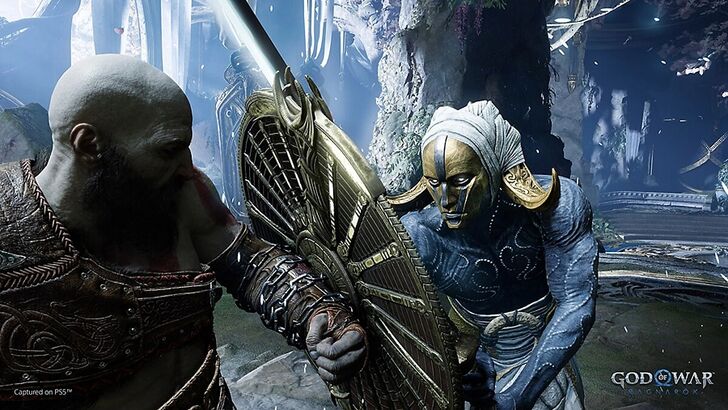
Hulst's comments, made in an interview with the BBC, highlight a growing concern within the gaming community: the impact of AI on human jobs. While AI streamlines mundane tasks, increasing efficiency in areas like prototyping and asset creation, fears remain about its potential encroachment on the creative process itself. The recent strike by American voice actors, fueled by concerns about AI voice replacement, underscores this anxiety. This issue has particularly resonated with the Genshin Impact community, noticing a decline in English voice acting in recent updates.
A CIST market research survey reveals that 62% of game development studios already utilize AI to optimize workflows. However, Hulst stresses the importance of finding a balance: "Striking the right balance between leveraging AI and preserving the human touch will be crucial," he stated. "I suspect there will be a dual demand in gaming: one for AI-driven innovative experiences and another for handcrafted, thoughtful content."
PlayStation's AI Strategy and Future Multimedia Expansion
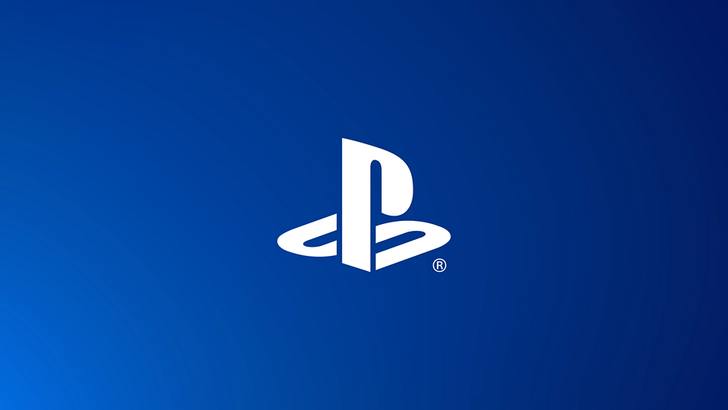
PlayStation is actively involved in AI research and development, with a dedicated Sony AI department established in 2022. Beyond gaming, the company is exploring multimedia expansion, adapting its successful game IPs into films and television series. The upcoming Amazon Prime adaptation of 2018's God of War serves as an example of this strategy. Hulst expressed his ambition to elevate PlayStation IPs beyond gaming, establishing them firmly within the broader entertainment landscape. This vision fuels speculation about Sony's potential acquisition of Kadokawa Corporation, a Japanese multimedia giant.
Lessons Learned from the PlayStation 3: A "Too High" Ambition
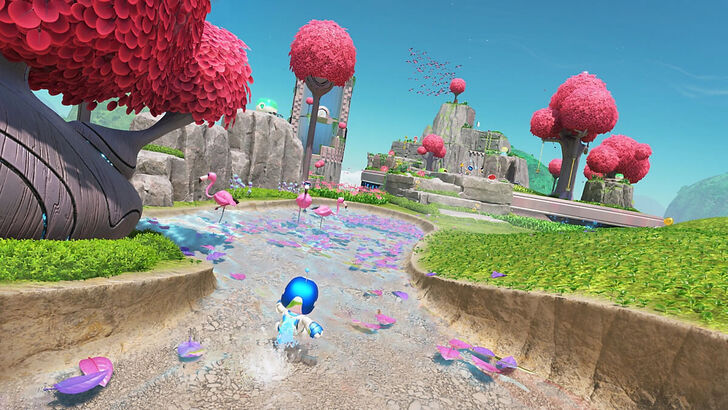
Reflecting on PlayStation's 30th anniversary, former PlayStation chief Shawn Layden shared insights into the development of the PlayStation 3 (PS3), describing it as an "Icarus moment"—a period of overly ambitious goals that nearly led to the company's downfall. The team aimed to create a "supercomputer" with Linux integration, exceeding market expectations and proving too costly. This experience taught valuable lessons, emphasizing the importance of prioritizing core gaming functionality over excessive multimedia features. The subsequent PlayStation 4's success, Layden suggests, stemmed from a renewed focus on creating "the best game machine of all time."


 Latest Downloads
Latest Downloads
 Downlaod
Downlaod



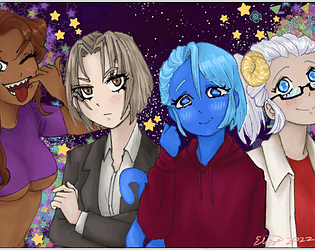
 Top News
Top News